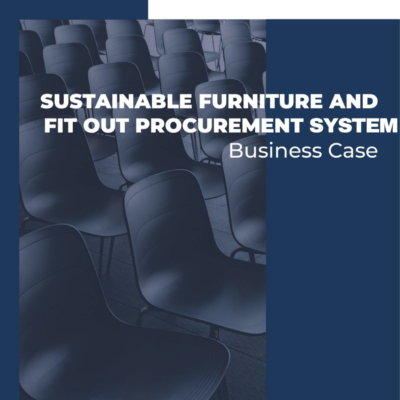AFA Chemicals of Concern Research Report (Published 2022) – Public
$ 0.00
Chemicals of concern are a growing health and environmental issue. Against this developing context, Australia’s furniture/furnishing industry leaders are mobilising to identify opportunities to phase out chemicals of concern in everyday household and commercial furniture items. The recent report outlines five next steps moving forward, which strongly align with Commonwealth Government policy on chemicals management, the Modern Manufacturing Strategy and Skills Reform.
Discount will be applied to the cart of all AFA Members for Research items at log in and prior to check out.
Chemicals of concern are a growing health and environmental issue. As Australia transitions towards a safe circular economy, the use and management of chemicals of concern across Australian industries is an area of increased focus for policymakers and industry.
Against this developing context, Australia’s furniture/furnishing industry leaders are mobilising to identify opportunities to phase out chemicals of concern in everyday household and commercial furniture items. The national furniture/furnishing industry collectively employs a workforce of over 500,000 people in the manufacture and supply of products used in residential, commercial, and public spaces of everyday Australians. Research shows that the chemicals of concern used in a range of these products can lead to environmental and health impacts when they are released into air, water, and soil. They can also jeopardise positive initiatives to reuse and recycle materials and products, due to the risk of persistent chemicals being transferred into new products and/or released into the environment during processing.
This report and the next steps will support action to address chemicals of concern across the furniture/furnishing industry. The furniture/furnishing industry has the opportunity to lead Australian businesses and engage with global dialogues and emerging sustainability trends. Understanding chemicals of concern, and their role throughout the product lifecycle and in circular economy trends, will position Australian businesses to act as industry leaders and will increase Australia’s business competitiveness in an increasingly green, consumer-driven market. Ultimately, this will contribute to an industry that produces products that are good for people, the economy, and the environment.





